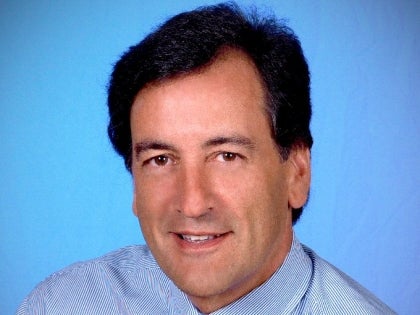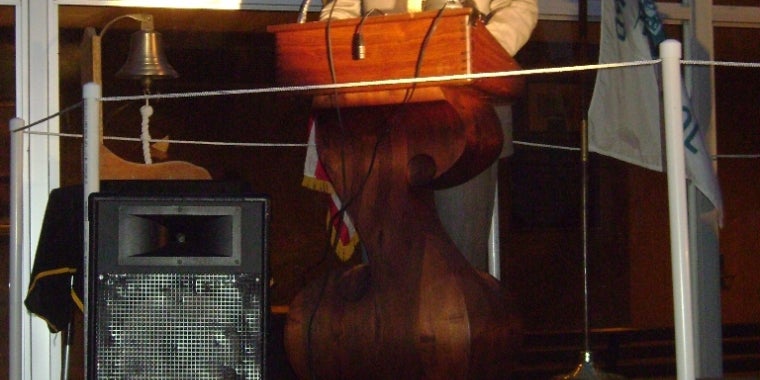
LI Herald Editorial: State must upgrade DWI penalties
Over the Thanksgiving holiday weekend, the Nassau County Police Department nabbed 87 drunken drivers –– count ’em, 87 –– during a stepped-up enforcement effort. In Suffolk County, police reported 60 arrests.
And these, we should note, were the people who got caught.
That means that over the holiday weekend, there were likely hundreds of people who were driving drunk on Long Island streets and highways, each perfectly capable of crashing his or her vehicle and killing an innocent person driving or standing in the wrong place at the wrong time.
Our sense is that there are hundreds who drive drunk on any given weekend. We need only look to a recent series of wrong-way crashes involving drunken drivers to understand how widespread — and potentially deadly –– DWI is.
Most recently, a grand jury indicted Michael Bowen of Brooklyn for vehicular manslaughter after he allegedly drove the wrong way on the Long Island Expressway in Suffolk while drunk on Nov. 15 and killed an off-duty police officer, Andres Menzies, 35, of North Babylon.
Officials have long struggled with the thorny question of how to reduce and even eliminate DWI. It seems that no matter what is tried, people continue to drive drunk.
In the late 1990s, then Nassau County Executive Thomas Gulotta tried seizing cars operated by drunken drivers. His successor, Thomas Suozzi, tried to shame inebriated drivers by making oversized photos of them available to media outlets and encouraging them to publish them.
We believe the best approach is a combination of enforcement, education and treatment. But for any approach to have a real effect, the state must enact the toughest laws possible to put every weapon in the fight against DWI into authorities’ hands.
State Sen. Charles Fuschillo Jr., a Republican, and Nassau County District Attorney Kathleen Rice, a Democrat, recently announced a proposal to upgrade state DWI laws. The plan would require drunken drivers to serve a minimum of 30 days in jail for their second DWI offense within 10 years, and a minimum of 90 days if they are convicted of three or more DWI offenses within 10 years. In both cases, the sentences would also be subject to any other penalties imposed by the courts.
Fuschillo and Rice are in the process of writing the legislation. In January, Fuschillo said, he plans to introduce the law to the Senate. After that, he explained, it will go to the Senate Transportation Committee and the State Assembly. Once out of committee, it would then be put to a vote by the full Legislature.
As things stand now, judges determine whether repeat DWI offenders deserve incarceration. However, there is no requirement that they send them to jail.
Under current law, drunken drivers convicted of two or more DWI offenses within 10 years are guilty of a felony and face a fine and/or jail time. Those who commit the crimes within a five-year period can face either additional jail time or community service. Jail time is not mandatory in either case.
We encourage readers to write to their state elected leaders and ask them to pass the Fuschillo/Rice legislation after it is proposed in the Legislature. In the hands of a drunken driver, a car or truck is a potentially deadly weapon. Driving drunk is in many respects no different than entering a crowded mall with a gun and opening fire. Drunken drivers must face stiff penalties for their crimes.
For too long, too many drunken drivers have received nothing more than a slap on the wrist, even after they have killed or seriously maimed another person. The time to act is now.
